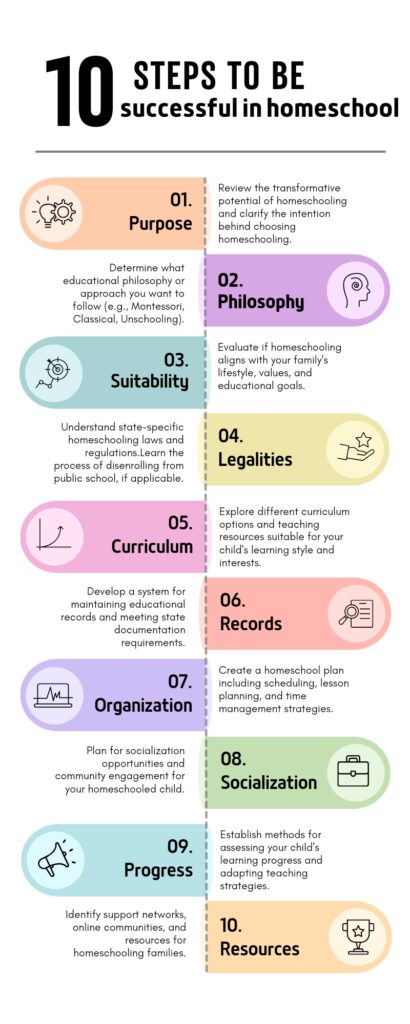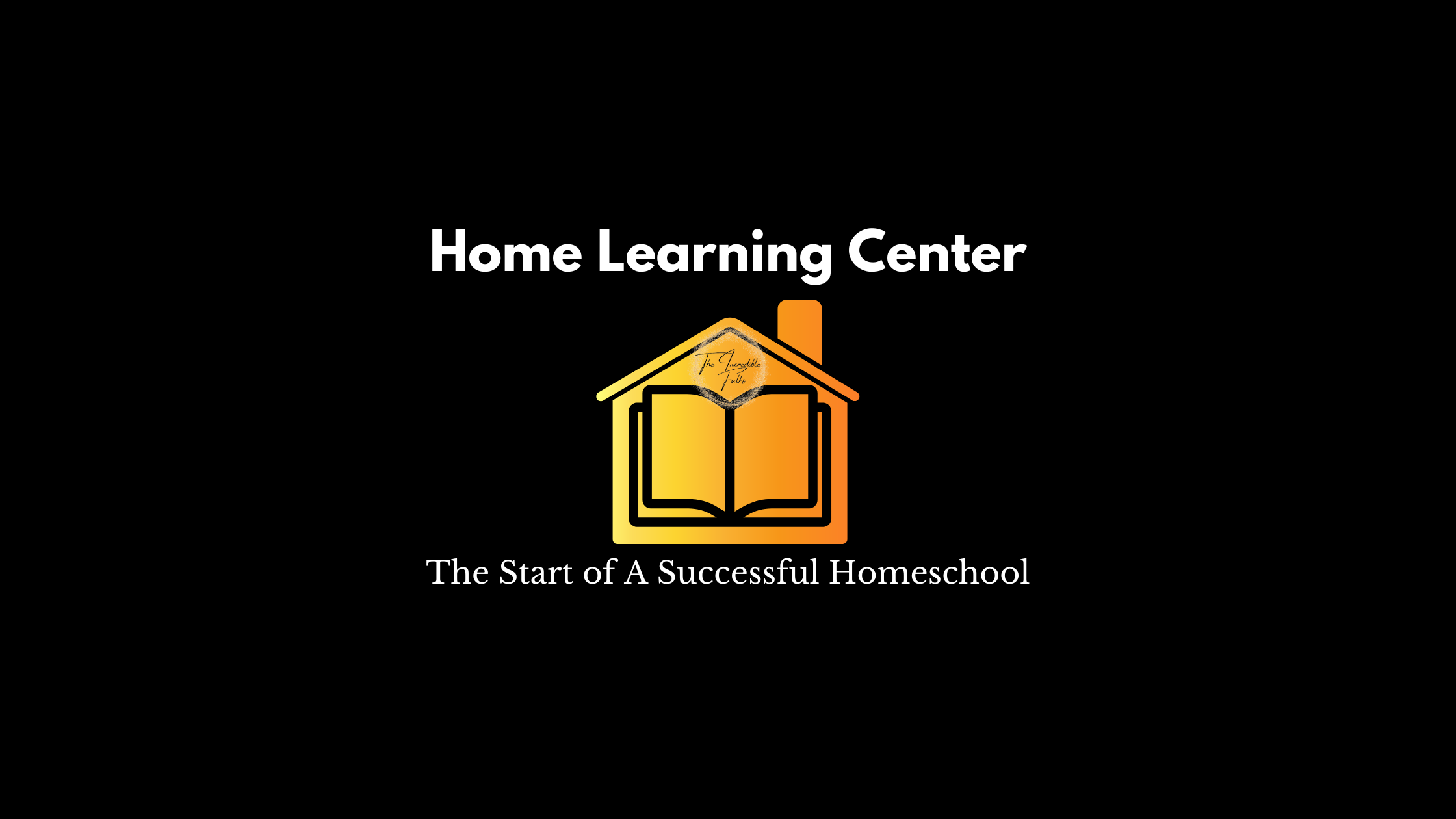Welcome back to our series on homeschooling! In part 2, we delve into one of the most crucial aspects of your homeschooling journey – determining your homeschooling philosophy. This is about more than just choosing textbooks; it's about defining the heart and soul of your child's education. Determining your philosophy will set the tone and foundation for the rest of your homeschool journey.
If you arrived here in the middle of this series, be sure to read the previous articles in this series. Here is part 1. How to Start Homeschooling: Part 1 Introduction and Potential
What is a Homeschooling Philosophy?
A homeschooling philosophy is a set of beliefs and values that guide your approach to education. It shapes your choices in curriculum, teaching methods, and how you structure your homeschooling day. It’s about finding what resonates with your family’s values, your child’s needs, and your educational goals.
Exploring Different Philosophies
Lets take a quick look at 12 of the most popular homeschooling philosophies.
- Traditional Homeschooling: Mirrors the structure and curriculum of public or private schools, often using textbooks and standardized tests.
- Classical Education: Based on the Trivium, emphasizing rigorous study of the classics, critical thinking, and language skills across three developmental stages: Grammar, Logic, and Rhetoric.
- Charlotte Mason Method: Focuses on “living books” (literature-rich), nature study, narration, and incorporating arts and crafts. It emphasizes a broad and liberal arts education.
- Montessori Homeschooling: Child-centered approach promoting self-directed, hands-on learning in a prepared environment, fostering independence and respect for a child’s natural psychological development.
- Unschooling: A more informal, interest-driven approach. Learning is led by the child's interests and does not follow a set curriculum. It's often experiential and community-based.
- Waldorf (Steiner) Education: Emphasizes imagination in learning, with a focus on integrating intellectual, practical, and artistic development. It often includes storytelling, arts, crafts, music, and movement.
- Eclectic Homeschooling: A mix-and-match approach where parents use methods and resources from various homeschooling styles to tailor education to their child's needs.
- Religious Homeschooling: Integrates religious or spiritual beliefs into the curriculum. Common in Christian homeschooling, but also practiced in other faiths.
- Unit Studies Approach: Involves focusing on one topic at a time and integrating various subjects around that theme. It encourages depth of study and is often project-based.
- Online/Digital Homeschooling: Utilizes online resources, virtual schools, and digital curriculums to provide structured education, often with more flexibility than traditional schools.
- Worldschooling: A form of unschooling that involves traveling and using global experiences as educational resources.
- Project-Based Homeschooling: Focuses on in-depth projects that allow children to explore their interests and learn problem-solving, research, and presentation skills.
You can also check out my article on how to homeschool Hygge!
My Favorite Lesson Provider!
One of my FAVORITE homeschool lesson styles is Unit and Project-Based studies. For The Love of Homeschooling is my go to place for unit studies on EVERYTHING! They even offer monthly clubs like their Nature Study Club, World Explorers Club, Insect Club, and Bird Club! Did I mention they also release weekly freebies! I just downloaded their weekly freebie and it was almost 100 pages of content! Head to FTLOH and use my discount code INCREDIBLE for 10% off!
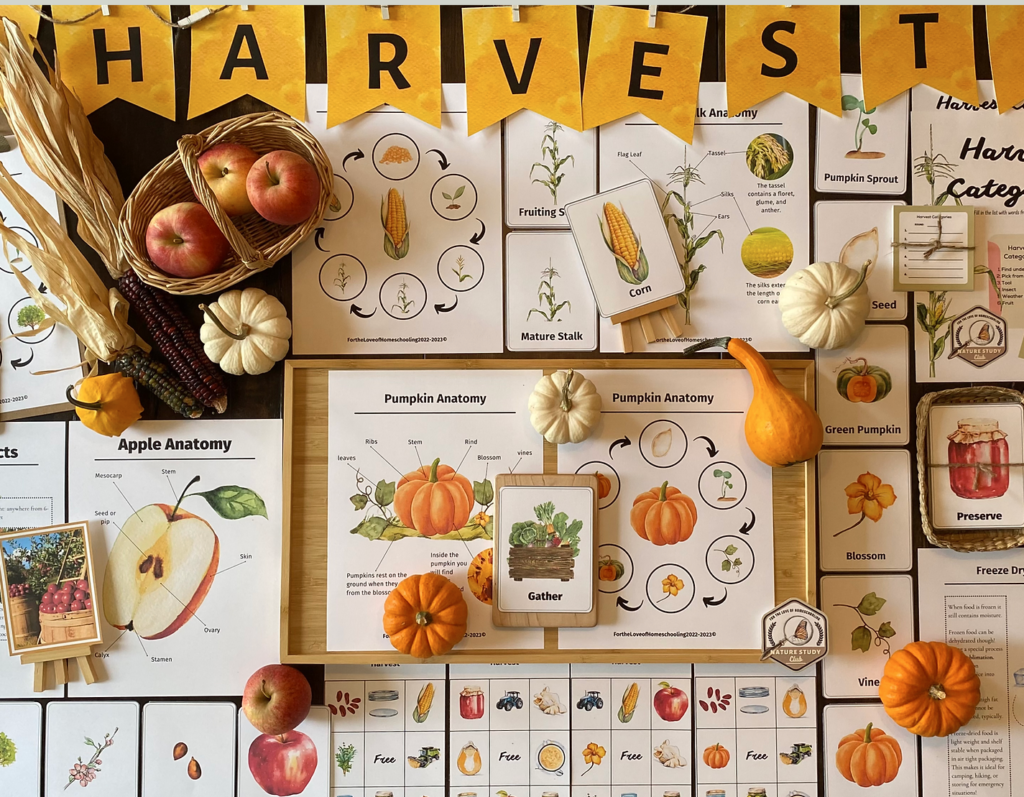
Why It Matters
Your philosophy will influence not just what your child learns, but how they learn it. It sets the tone for your daily educational life and can greatly impact your child's attitude towards learning. For instance, if your child thrives in structured environments, a traditional or classical approach might be best. Conversely, if they're naturally curious and self-directed, unschooling could be a perfect fit.
Traditional vs Unschooling Example
Imagine the daily rhythm of your homeschool: the subjects you delve into, the discussions you foster, the projects you undertake. Each element is infused with the essence of your educational philosophy. For a child in a structured, traditional homeschool, there's a reassuring predictability and a clear sense of progress. Each lesson, like a brick in a building, lays the foundation for a solid, comprehensive education. This can be deeply comforting and empowering for a child who thrives on order and clear expectations.
In contrast, envision a child whose learning is driven by curiosity and guided by the principles of unschooling. Their education is an exciting adventure, a daily exploration guided by their interests. This freedom can ignite a profound passion for learning, turning every day into a journey of discovery. For such a child, learning becomes as natural as breathing, driven by an inner spark that lights up their eyes with every new discovery.
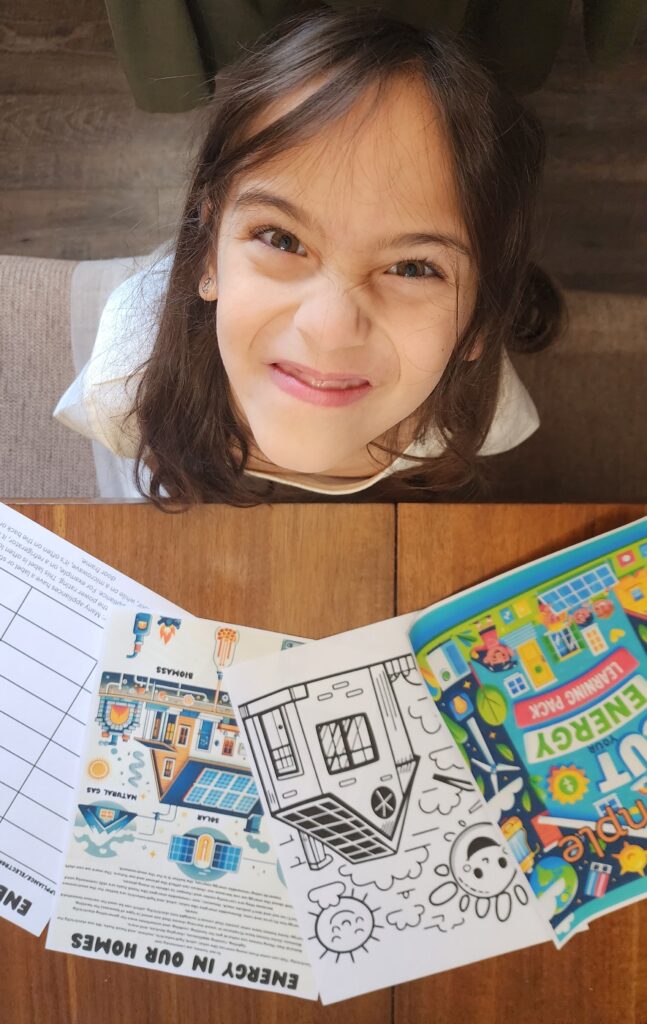
Classical vs Charlotte Mason Example
Your homeschooling philosophy also sets the emotional tone of your home. It influences how your child views challenges and successes, how they develop resilience and confidence. A classical education, with its focus on the great thinkers and creators of the past, instills a sense of belonging to a grand intellectual tradition. It's not just about learning facts; it's about becoming part of a lineage of knowledge and wisdom. This can give a child a profound sense of purpose and identity.
On the other hand, a philosophy like the Charlotte Mason method, with its emphasis on nature, beauty, and the arts, encourages a child to see the world with wonder and awe. It nurtures a deep appreciation for the beauty in the world and in their own inner life. This approach can cultivate a child’s emotional intelligence and sensitivity, enriching their experience of the world and their relationships within it.
Your choice of a homeschooling philosophy is ultimately a reflection of what you believe education is truly about. It's not just about preparing your child for a career or college; it's about shaping the kind of person they will become. It's about nurturing a lifelong learner, a thoughtful citizen, a curious explorer, or a creative thinker. This choice is a profound act of love and aspiration, a statement of what you value most in life and what you wish to pass on to your child.
A Preview of Our In-Depth Course
In my comprehensive course, “Parent's Guide To Homeschool Course” I dive more into each philosophy, providing you with all the information you need to determine which is the best fit for your family. I also offer resources and activities to help you implement your chosen philosophy effectively. Check out the table of contents from the course below!
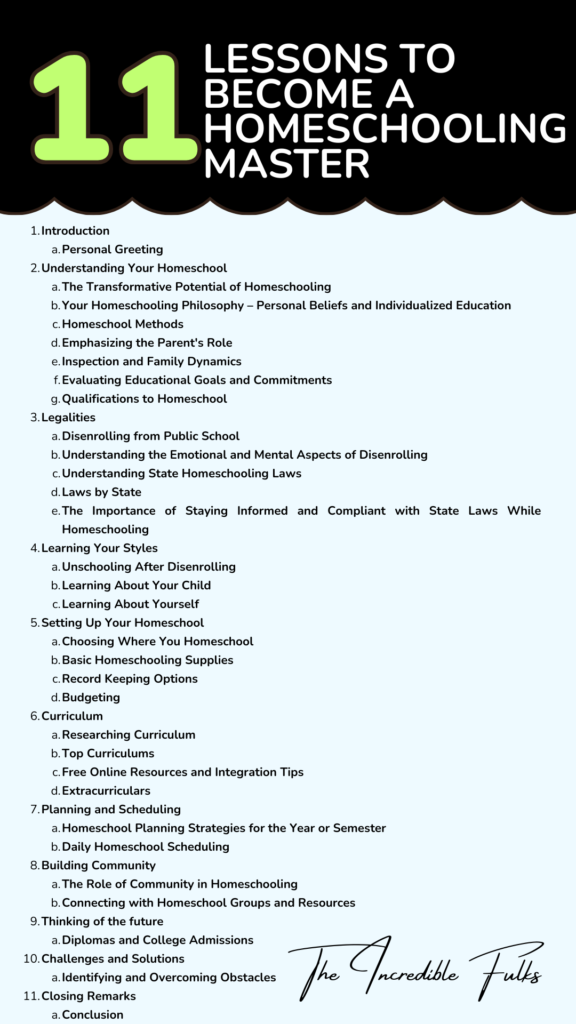
Conclusion
Choosing a homeschooling philosophy is a journey of understanding your child’s needs and your educational aspirations. As you reflect on these philosophies, consider what aligns best with your family’s unique dynamic. In our next article, we will explore how to assess if homeschooling is the right choice for your family. Stay curious and open-minded as you explore these educational paths, and remember, our detailed course is here to guide you every step of the way.
Click here for part 3 of this series!
